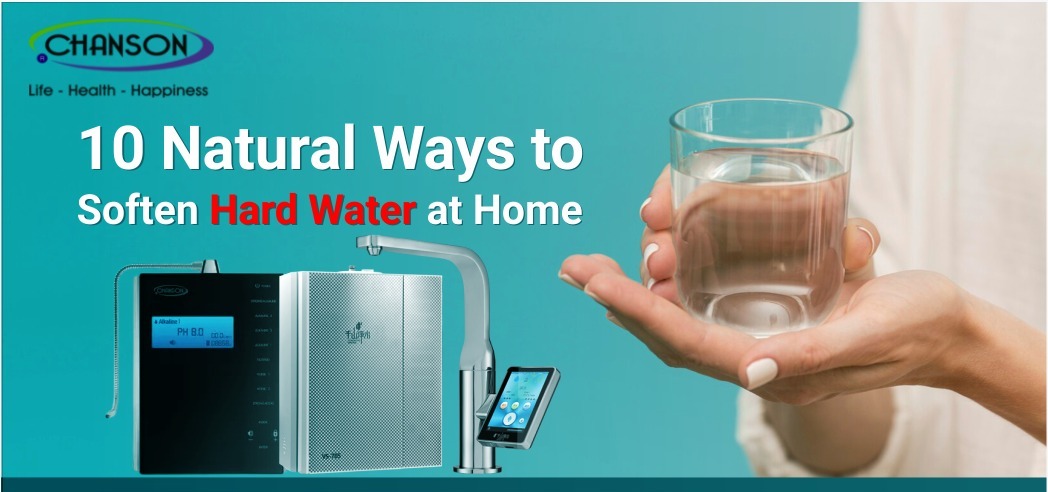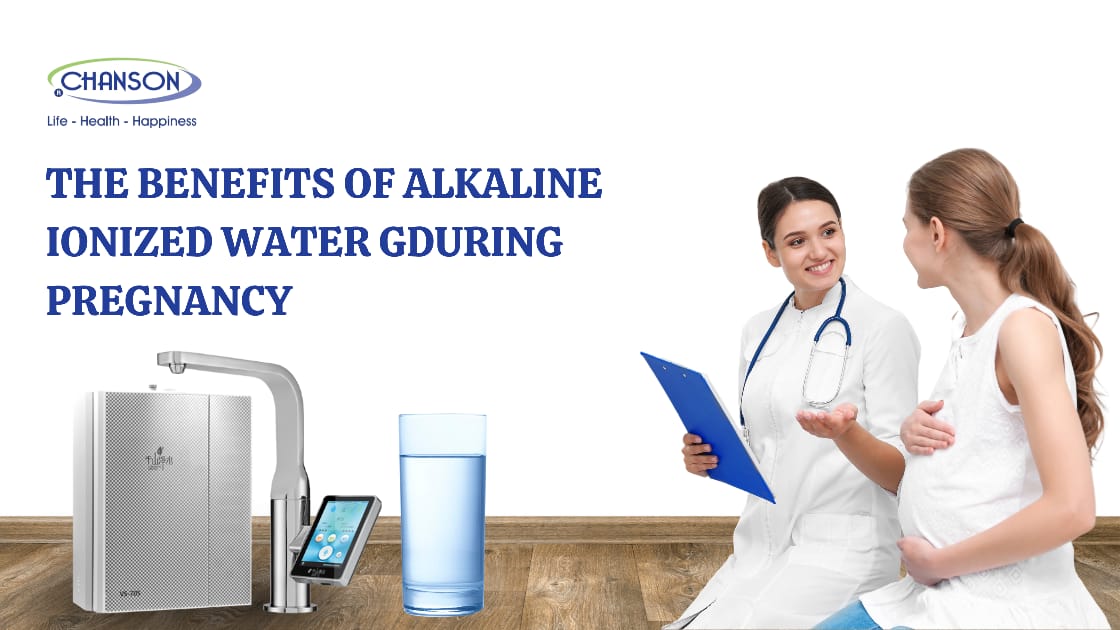10 Natural Ways to Soften Hard Water at Home - Easy DIY Solutions
Hard water is a common issue in many households, characterized by high mineral content, particularly calcium and magnesium. These minerals can cause a variety of problems, from dry skin and dull hair to clogged pipes and inefficient appliances. Softening hard water is crucial for maintaining the health of your skin and hair, as well as extending the lifespan of your household appliances. In this blog post, we will explore ten natural methods to soften hard water at home, ensuring a healthier and more efficient living environment.
1. Boiling
Boiling is one of the simplest ways to soften hard water. When water is boiled, the heat causes calcium and magnesium ions to precipitate out, reducing the hardness.
● How to Boil Water for Softening: Simply bring a pot of water to a boil and let it cool. The minerals will settle at the bottom, and you can pour the softened water into another container, leaving the sediment behind.
● Practical Tips: Boil water in batches and store it in clean, covered containers for daily use.
2. Using Baking Soda
Baking soda is an effective and affordable way to soften water due to its alkaline properties, which help to neutralize the minerals.
● Step-by-Step Guide: Add one teaspoon of baking soda to a gallon of water, stir well, and let it sit for a few hours before use.
● Benefits and Precautions: Baking soda not only softens water but also enhances its alkalinity. However, overuse can lead to excessive alkalinity, so it's important to use it sparingly.
3. Vinegar Treatment
Vinegar is a natural acid that can break down minerals found in hard water, making it softer.
● Instructions: Add one cup of vinegar to a gallon of hard water, mix thoroughly, and let it sit for a few hours.
● Suggested Types and Quantities: White vinegar is commonly used, but apple cider vinegar can also be effective. Use one cup of vinegar per gallon of water for optimal results.
4. Lemon Juice
Lemon juice, with its natural acidity, is another effective method to soften water.
● Process: Squeeze the juice of one lemon into a gallon of water, mix well, and allow it to stand for a few hours.
● Additional Benefits: Lemon juice not only softens water but also adds a fresh scent and slight flavor, making it pleasant for drinking.
5. Using a Carbon Filter
Carbon filters are effective at removing chlorine and organic compounds, which can contribute to water hardness.
● Installation and Maintenance: Attach a carbon filter to your faucet or use a pitcher with a built-in filter. Replace the filter cartridges as recommended by the manufacturer.
● Benefits: Carbon filters improve water taste and odor while reducing hardness.
6. Adding Epsom Salt
Epsom salt can help in softening water by binding with the minerals.
● Guide: Dissolve one tablespoon of Epsom salt in a gallon of water and let it sit for a few hours.
● Safety Tips: While Epsom salt is generally safe, it's important not to overuse it, as excessive magnesium can cause health issues.
7. Installing a Shower Head Filter
Shower head filters are designed to remove minerals from the water, providing a softer shower experience.
● Types and Effectiveness: Look for filters that are specifically designed to reduce hardness. Many models also remove chlorine and other impurities.
● Installation and Maintenance: These filters are easy to install and usually require cartridge replacements every few months.
8. Using a Magnetic Water Softener
Magnetic water softeners work by altering the electromagnetic properties of minerals, preventing them from sticking to surfaces.
● Installation and Use: Attach the magnetic device to your water pipes as per the manufacturer's instructions.
● Pros and Cons: While easy to install and maintain, the effectiveness of magnetic softeners can vary based on water composition and flow rate.
9. Employing a Water Softening Pillow
Water-softening pillows are small, portable devices that can be placed in water to reduce hardness.
● Instructions: Place the pillow in a container of water and let it sit for the recommended time, typically a few hours.
● Advantages and Limitations: These pillows are convenient and reusable but may not be suitable for large volumes of water.
10. Using Aloe Vera
Aloe vera has natural properties that can help in softening water.
● Preparation and Use: Cut an aloe vera leaf, extract the gel, and add it to a gallon of water. Mix well and let it sit for a few hours.
● Additional Benefits: Aloe vera not only softens water but also has moisturizing properties that are beneficial for the skin.
Softening hard water naturally is both eco-friendly and cost-effective. By using these ten methods, you can improve the quality of your water, protect your appliances, and enjoy healthier skin and hair. Experiment with these techniques to find the ones that work best for you, and consider combining them for enhanced effectiveness. Regularly maintaining your household appliances and monitoring water quality will ensure the best results. Try these natural water-softening methods at home and experience the difference!
Latest Blog
-
03 Jun 2025
The Benefits of Alkaline Ionized Water During Pregnancy -
03 Jun 2025
Dr Softener, the Best Water Softener -
27 Apr 2025
Alkaline water ionizer Your Insurance to Good Health and Longer Life -
19 Feb 2025
Prevent Bone Aches in Cold Weather with Alkaline Water: Essential Tips -
03 Feb 2025
Looking for Winter Wellness? Discover How Alkaline Water Strengthens Your Bones -
03 Feb 2025
The Science Behind Ionized Water and Reduced Inflammation -
22 Dec 2024
Winter-Safe Hydration: Why Alkaline Water Is the Best Choice

All Rights Reserved. © 2019-2026, Centrepoint Lifestyle Products Pvt Ltd.









